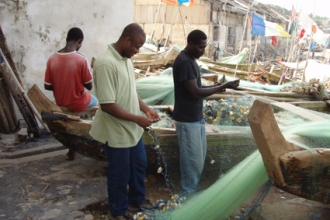Policies for second generation biofuels: Current status and future challenges
This report reviews the current status of second generation biofuels. First generation biofuels continue to be substantially subsidized, and this has contributed to the increasing use of such fuel. However, recent studies claim that the future of biofuels lies in second generation biofuels, in particular biochemical ethanol made from cellulose.
